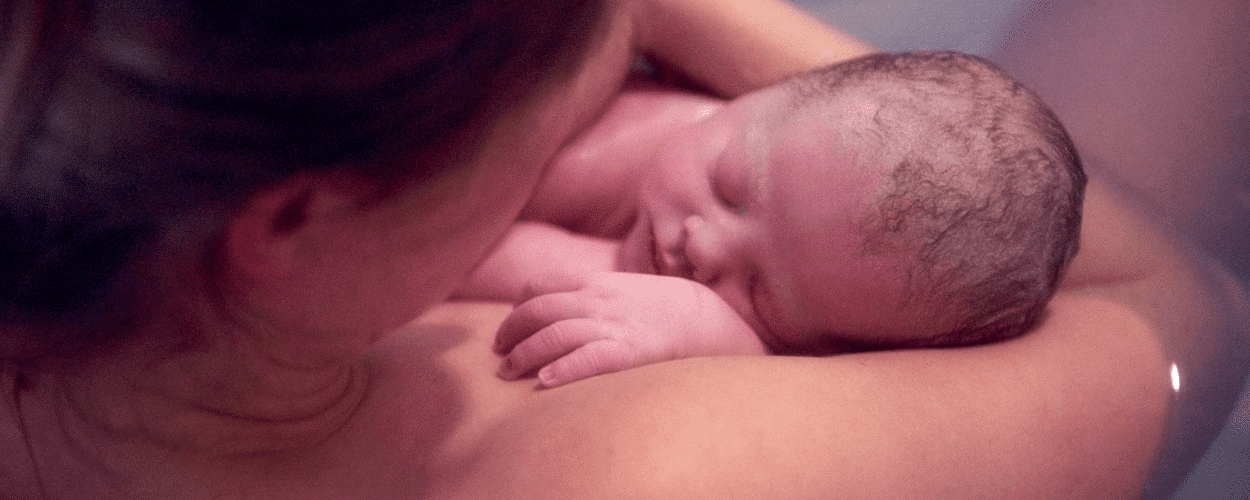"Postpartum Hormones: Navigating the Unexpected Changes after Birth"
Becoming a new mother is a life-changing experience, but it also comes with significant physical and emotional changes. One of these changes is post-pregnancy hormones, which can often result in a range of physical and emotional symptoms. In this article, we will explore post-birth hormones, the different symptoms that women may experience, and how to best cope with these changes.
Post-Birth Hormones: What to Expect
After the birth experience has ended and you are holding your little one in your arms, hormones produced during pregnancy quickly plummet to normal levels, which can trigger mood swings, physical symptoms, and strong emotions. The three main hormones affected are estrogen, progesterone, and prolactin.
1. Estrogen– estrogen levels drop rapidly following birth, leading to physical changes such as night sweats, vaginal dryness, and mood swings.
2. Progesterone– the sudden drop in progesterone levels can trigger depression and lead to anxiety, particularly in women who have a history of emotional or mental health problems.
3. Prolactin– Prolactin triggers milk production in breastfeeding women. Still, it can also affect mood, causing women to feel over-emotional, irritable, and exhausted.
The Different Symptoms
1. Fatigue– the first few weeks are the most demanding, physically and emotionally, and fatigue is common. Lack of sleep and the energy spent on caring for a newborn can also lead to exhaustion.
2. Mood Swings– significant hormone changes can lead to mood swings, possibly leading to postpartum depression.
3. Pain– delivery alone can cause considerable pain. Still, the healing process can also be physically uncomfortable, especially if the mother has suffered from caesarean-related problems or significant tearing during birth.
4. Loss of Appetite– after giving birth, many women experience a loss of appetite because of the physical strain and hormonal changes they’ve gone through.
Coping Mechanisms
1. Get Enough Rest– getting plenty of rest and taking care of physical needs is a must to cope with these changes.
2. Seek Support– postpartum changes can be overwhelming, and it’s essential to receive support from partners, family or friends.
3. Regular Exercise– light exercise can help ease mood swings, reduce stress, and improve sleep patterns.
4. A Healthy Diet– Eating well-balanced meals and staying hydrated can help, both physically and emotionally.
Basically, post-birth hormones can trigger significant changes, both physically and emotionally, which can be overwhelming for new mothers. Yet, by understanding what to expect and using proper mechanisms to cope with these changes, women can better navigate the post-pregnancy journey and enjoy the many joys of motherhood. Remember, it’s also vital that medical professionals are consulted if the symptoms become too overwhelming.









